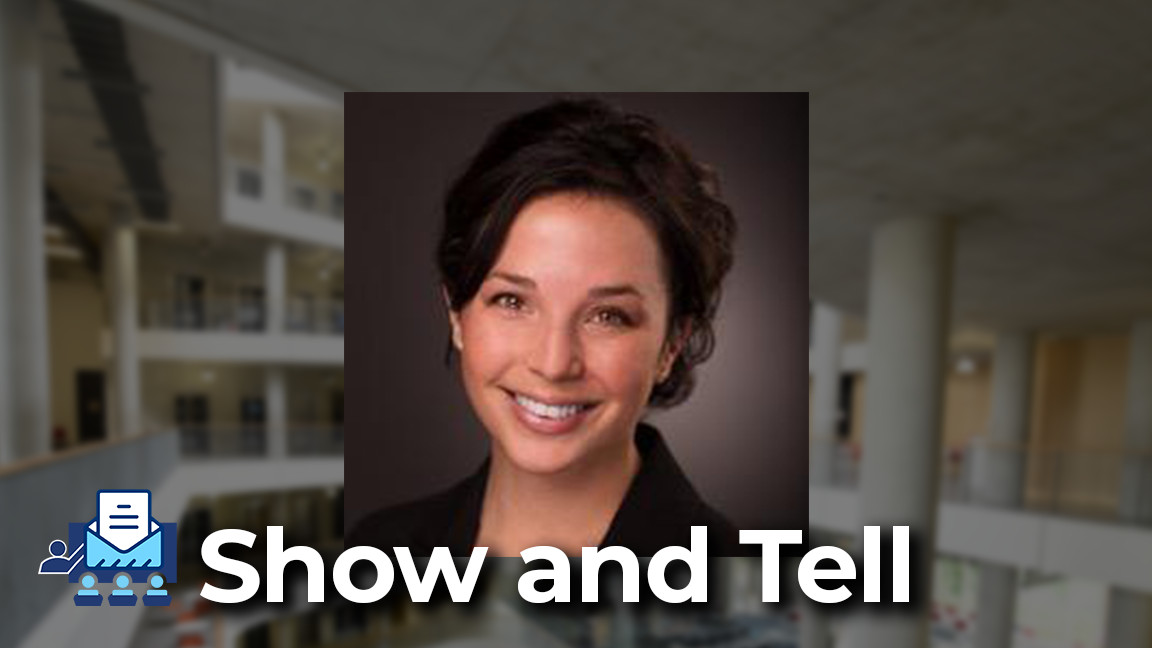
By Laura Murphy, DO, Member, CCPD, Family medicine and sports medicine, UCSD
It was at the end of the visit when I asked my patient if she wanted to get the flu vaccine. “No, not this year,” she replied. “They put a drug in it” she went on, very matter of factly. “What kind of drug?” I asked. She didn’t know. So, I asked her where she got that information: “Facebook!”
Unfortunately, this is a true story and a patient we have all had. Facebook and other social media and news platforms have given a voice to medical disinformation. The spread was less obvious at first, but over the years the growing distrust in the scientific community and almost casual dismissal of scientific data began to take shape. Then, without a strategy in place to control this “infodemic” the COVID-19 pandemic made these platforms ripe for exploitation by high profile elected leaders who began sidelining medical experts and planting doubt in their evidence-based recommendations. In the last eight months alone, misinformation has spread like wildfire, and no amount of facts will put out the flames. The situation has forced us as a profession to look seriously into the question: how can we best combat medical disinformation in an era where facts and expert opinions are no longer enough?
I was recently introduced to a podcast episode by Dr. Seema Yasmin titled “Medicine and Misinformation.” Dr. Yasmin addresses the evolving role of physicians in communication. As an Emmy award-winning journalist and a physician, she speaks about the importance of communicating information effectively on the patient level as well as the societal level. She argues that physicians have not received enough training in communicating information, and she’s right. In order to get into medical school, it is much more important to know how to solve organic chemistry formulas than to write a good essay. But as family doctors, if we do not use good communication, we are not likely to succeed in helping our patients lower their A1C or, as in my patient, understand that your immune system is actually the drug (the ultimate plot twist).
So how can we communicate effectively with our patients and communities to better identify disinformation?
It turns out the answer might just be fighting science with science. Inoculation theory is the premise for how a vaccine builds immunity but has since been applied in various studies on a cognitive level to help people pre-emptively recognize, and therefore become immune to, disinformation1, 2. The cognitive inoculation theory involves first introducing a weakened version of disinformation along with a counterargument as to why that information is false. This has been shown to “help build cognitive resistance against future persuasion attempt 2. In practical terms, you don’t want to just ramble off a list of facts as to why these or those arguments are wrong … this tactic might overwhelm the system, just as a virus does. Rather, you are better off picking one argument and countering it in smaller doses so people can then develop that immunity for the future.
This is just one strategy on how we can communicate more effectively. The other strategy is doing what family physicians do best: listening and empathizing. This New England Journal of Medicine article published last month discusses different communication strategies as they relate to COVID-19 misinformation in a partisan world, and includes empathy as a solution. The article notes that during the pandemic physicians have appeared to be unempathetic by advocating for shutdowns, all the while keeping their jobs, and then not adequately acknowledging the millions of people who are losing theirs. The article argues that just as we use empathy to redirect a patient who is demonstrating self-destructive behaviors, we need to use empathy when relaying public health messaging so as not to alienate groups of people from trusting in the science. Strategies such as this can be applied beyond COVID-19 to all aspects where public health and political agendas clash, such as reproductive autonomy, health care reform, and climate change.
While practicing in arguably the most polarizing time in American history, I hope we in the medical community continue to elevate the importance of communication in relaying consistent public health messaging. Our patients deserve a strong, unified voice from the medical community that empowers them to make well-informed decisions about their health and about the elected officials they support.
In the end, my patient did end up receiving the flu vaccine. Multiple factors could have changed her mind, but I chose to do a little cognitive inoculation by identifying the single argument … that Facebook is not necessarily a reliable source of medical information and instead offered a verified source such as www.nih.gov. Maybe that’s all it takes: simple steps in the exam room and simple but consistent messaging on far-reaching platforms. Or maybe it’s way more complicated. The only way for us to find out is to keep communicating.
_________________________________________
1Basol M, Roozenbeek J, van der Linden S. Good News about Bad News: Gamified Inoculation Boosts Confidence and Cognitive Immunity Against Fake News. J Cogn. 2020;3(1):2. Published 2020 Jan 10. doi:10.5334/joc.91
2 Cook J, Lewandowsky S, Ecker UKH. Neutralizing misinformation through inoculation: Exposing misleading argumentation techniques reduces their influence. PLoS One. 2017;12(5):e0175799. Published 2017 May 5. doi:10.1371/journal.pone.0175799